-
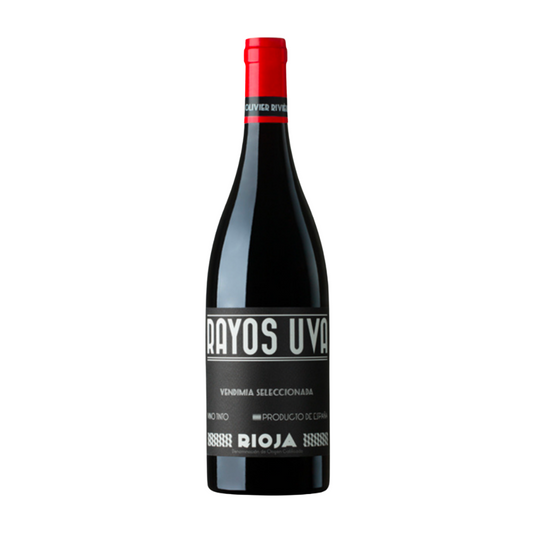 Sold out
Sold outOlivier Rivière Rayos Uva 2020
Regular price $29.95 CADRegular priceUnit price per -
Vignoble du Reveur Pierres Sauvages 2020
Regular price $36.95 CADRegular priceUnit price per -
 Sold out
Sold outWeingut Heinrich Naked White 2020
Regular price $34.95 CADRegular priceUnit price per -
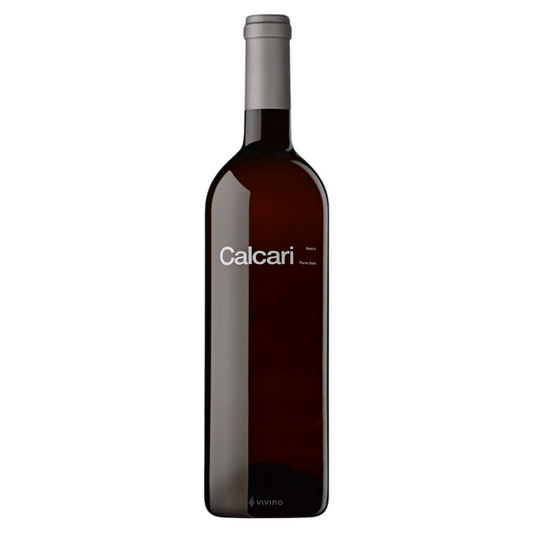 Sold out
Sold outParés Baltà Calcari 2019
Regular price $26.95 CADRegular priceUnit price per -
Parés Baltà Cava Brut NV
Regular price $21.95 CADRegular priceUnit price per -
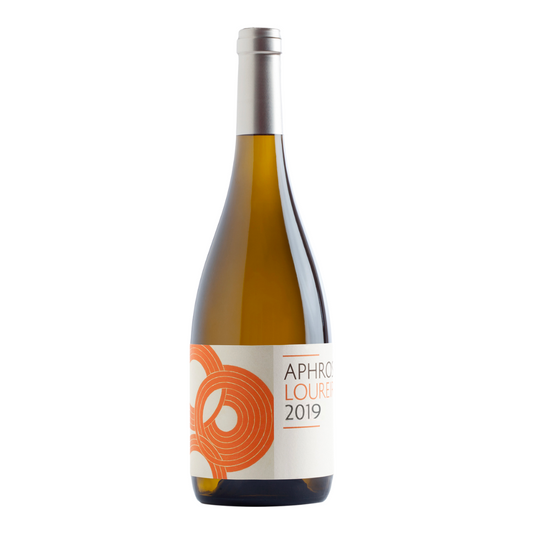 Sold out
Sold outAphros Vinhos Loureiro 2014
Regular price $33.95 CADRegular priceUnit price per -
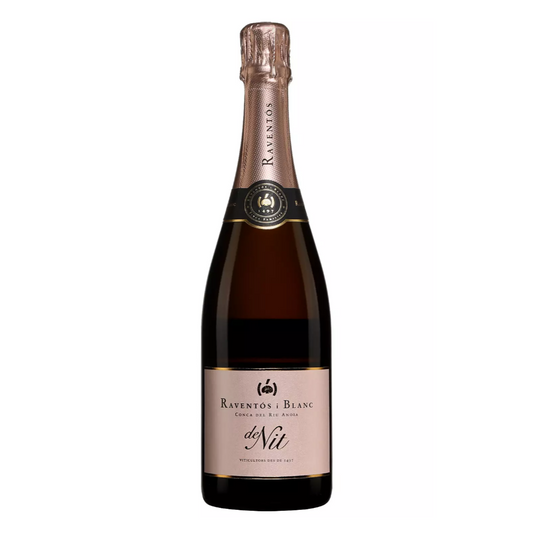 Sold out
Sold outRaventós Rosé de Nit 2018
Regular price $47.95 CADRegular priceUnit price per -
The Flower and The Bee Sousón D.O. Ribeiro 2020
Regular price $33.95 CADRegular priceUnit price per -
The Flower and The Bee Treixadura D.O. Ribeiro 2020
Regular price $33.95 CADRegular priceUnit price per -
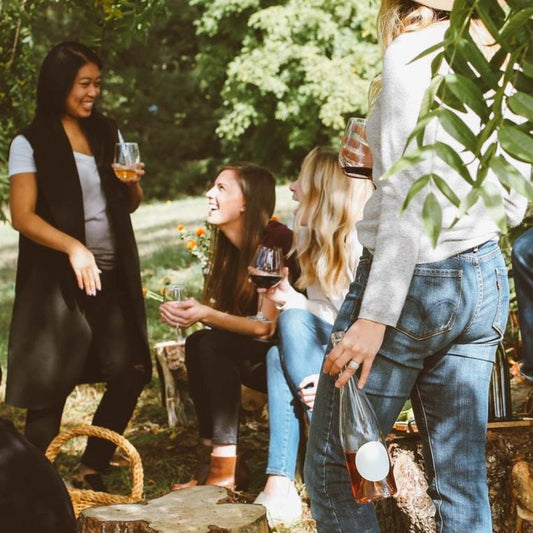 Sold out
Sold outOrganic & Low Intervention
Regular price $174.95 CADRegular priceUnit price per -
Stéphane Aviron Beaujolais Villages 2020
Regular price $25.95 CADRegular priceUnit price per -
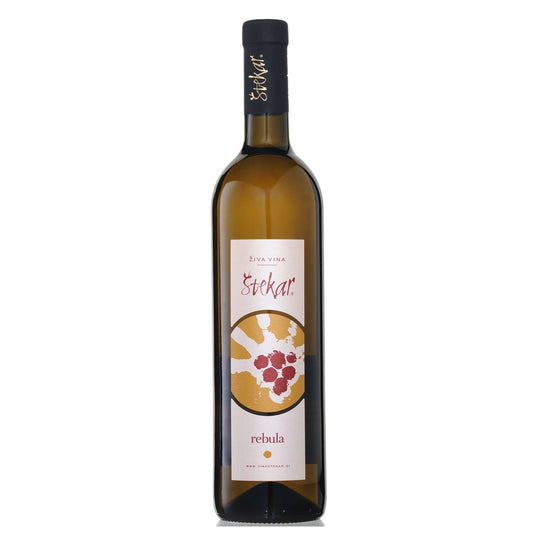 Sold out
Sold outŠtekar Rebula 2019
Regular price $43.95 CADRegular priceUnit price per -
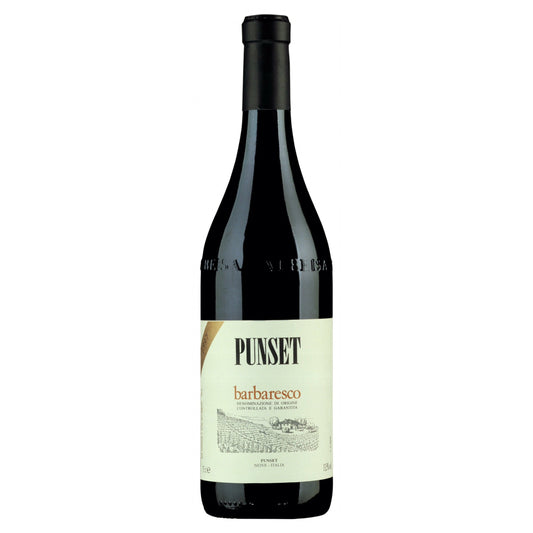 Sold out
Sold outPunset Barbaresco Basarin DOCG 2014
Regular price $99.95 CADRegular priceUnit price per -
Matthias Hager Grüner Veltliner Mollands 2020
Regular price $39.95 CADRegular priceUnit price per -
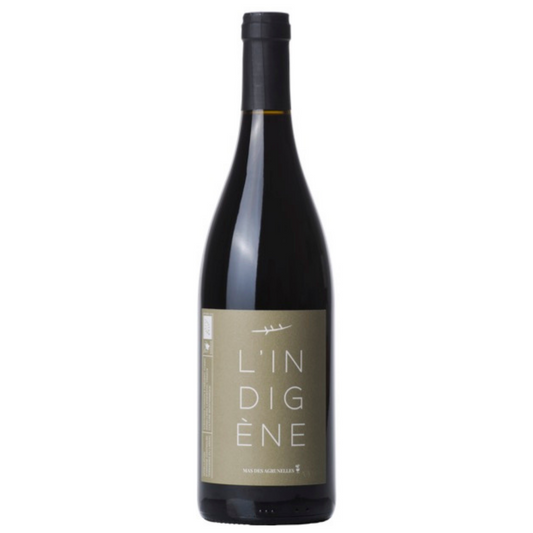 Sold out
Sold outMas des Agrunelles L'Indigène 2019
Regular price $44.95 CADRegular priceUnit price per -
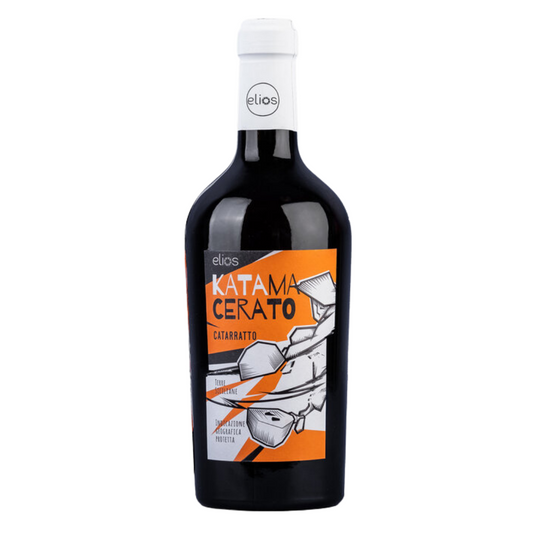 Sold out
Sold outElios Katamacerato Catarratto 2019
Regular price $57.95 CADRegular priceUnit price per















